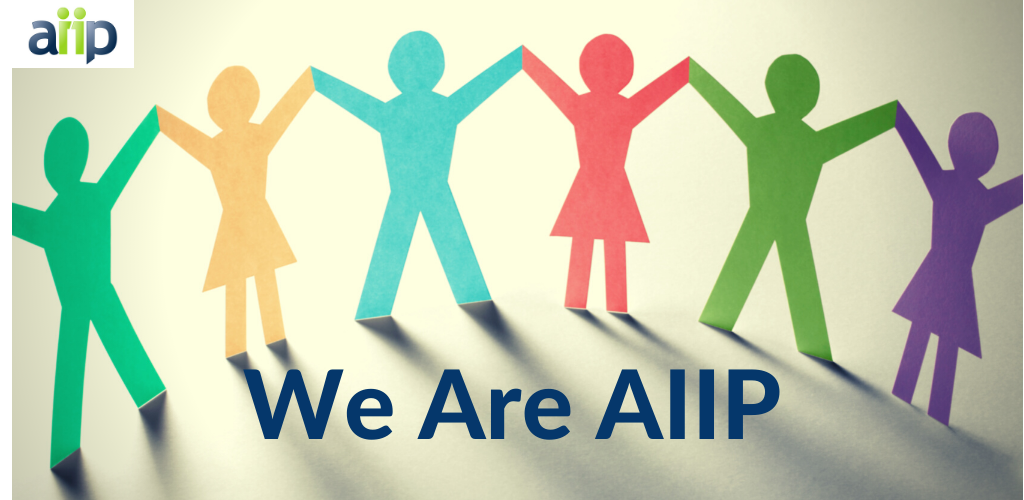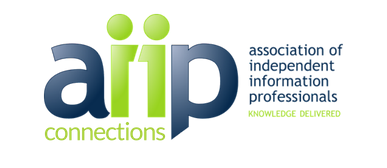We Are AIIP: I’m a DEI Metadata Consultant

By Sharon Mizota
In your bio, you describe yourself as a DEI metadata consultant. What is it that DEI metadata consultants do?
As a DEI metadata consultant, I specialize in working with archives, libraries, museums, and media organizations to bring their metadata in line with their goals for diversity, equity, and inclusion (DEI). Metadata is data about data, or the recorded facts about a particular item or group of items. This data—title, author, subject, etc.—is what allows you to find items in a digital asset management system, a library catalog, or an archival finding aid. DEI metadata consultants develop or refine metadata schemas, taxonomies, and content standards that facilitate clients’ practical needs to organize, describe, and search their collections, but also represent their holdings with respect, accuracy, and empowerment to the individuals and groups of people associated with them.
Examples of this work may include researching and suggesting anti-racist descriptive terminology or helping to clean up metadata that uses old-fashioned or derogatory words. Other projects may involve recommendations for improving website accessibility for people with disabilities or creating trainings for staff interested in diversifying their collection development plans.
In what kind of situations do clients decide they need a DEI metadata consultant?
Clients hire a DEI metadata consultant when they need an expert to evaluate their metadata, to make recommendations, or to train their staff. They may not have the needed expertise on staff, or their employees may simply not have the time to research and develop new systems and standards.
In the wake of the social upheavals of last year, many institutions are embarking on reparative description projects—updating and improving their metadata to acknowledge historical omissions and inaccuracies. These projects are often grant-funded and limited in scope and timeframe; they are a perfect way for a consultant to come in and make a difference.
What does it take to become a DEI metadata consultant?
Becoming a DEI metadata consultant requires a solid knowledge of metadata standards, conventions, and descriptive vocabularies. It also helps to have some technical knowledge of the databases and collection management systems institutions use to keep track of their collections. Having a master’s degree in library and/or information science is key, as well as demonstrated experience creating, managing, and sharing metadata. It is also important to have a strong familiarity with social justice movements, and to keep abreast of current developments in social and political culture and the language used to describe them.
What do people need to succeed as a DEI metadata consultant?
I am still figuring this out! I think it depends on what you mean by success. The field of DEI metadata consulting is relatively new, so it’s hard to say how financially lucrative it will be as a long-term career choice. As more corporations become aware of the need to integrate DEI practices into their metadata, it’s possible the field will grow and become sustainable. However, if you measure success in impact rather than money, continuing to advance people-first values of respect and accuracy will always be gratifying.
In addition to all the usual skills you need to be a successful infopreneur—networking, pitching, negotiating, etc.—the main thing you need is experience with and interest in DEI issues. It helps to have lived experience as a person who has been marginalized in mainstream society, and/or to have engaged in DEI-related work in the course of other jobs. This passion to help people see themselves represented fairly, accurately, and respectfully in cultural heritage institutions will take you a long way to success.
Sharon Mizota is a DEI metadata consultant based in Los Angeles, CA. She helps archives, museums, libraries, and media organizations transform and share their metadata to improve diversity, equity, and inclusion in the historical record. Contact her at sharon@sharonmizota.com.





